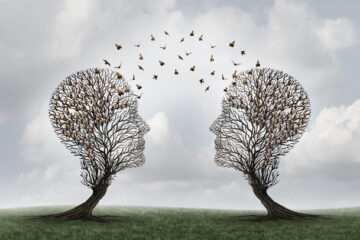Psychosocial work intersects with the term “social work”. The term “psycho-social work” describes the joint activities that prevent negative effects on wellbeing and alleviate them, by attracting support to improve opportunities of accessing safe basic services, in addition to local community initiatives, such as parent awareness programs and child and youth activities, which enhance the family’s and local community’s ability to support one another, as well as continuing daily activities and subsequent recovery.
Psycho-social wellbeing requires fulfilling the basic needs of children and families in terms of security, clean water, shelter, food, livelihood and education. The role of any psycho-social program does not entail addressing all these issues, instead, any psycho-social program requires working closely with all other sectors in the area of humanitarian response to achieve the following:
- Lobbying support to fulfill the needs of the affected populations of basic services and security. It is usually appropriate to focus on lobbying for the cases that may have a deep impact on psycho-social wellbeing, such as protecting children from more damage, guaranteeing family unity, and providing education and / or enhancing livelihoods for families.
- Ensure that the humanitarian response takes place in a manner that supports psycho-social wellbeing. The matters that require special attention include mobilizing the local community so that it plays a central role in the humanitarian response and guaranteeing the provision of appropriate information to the population.



